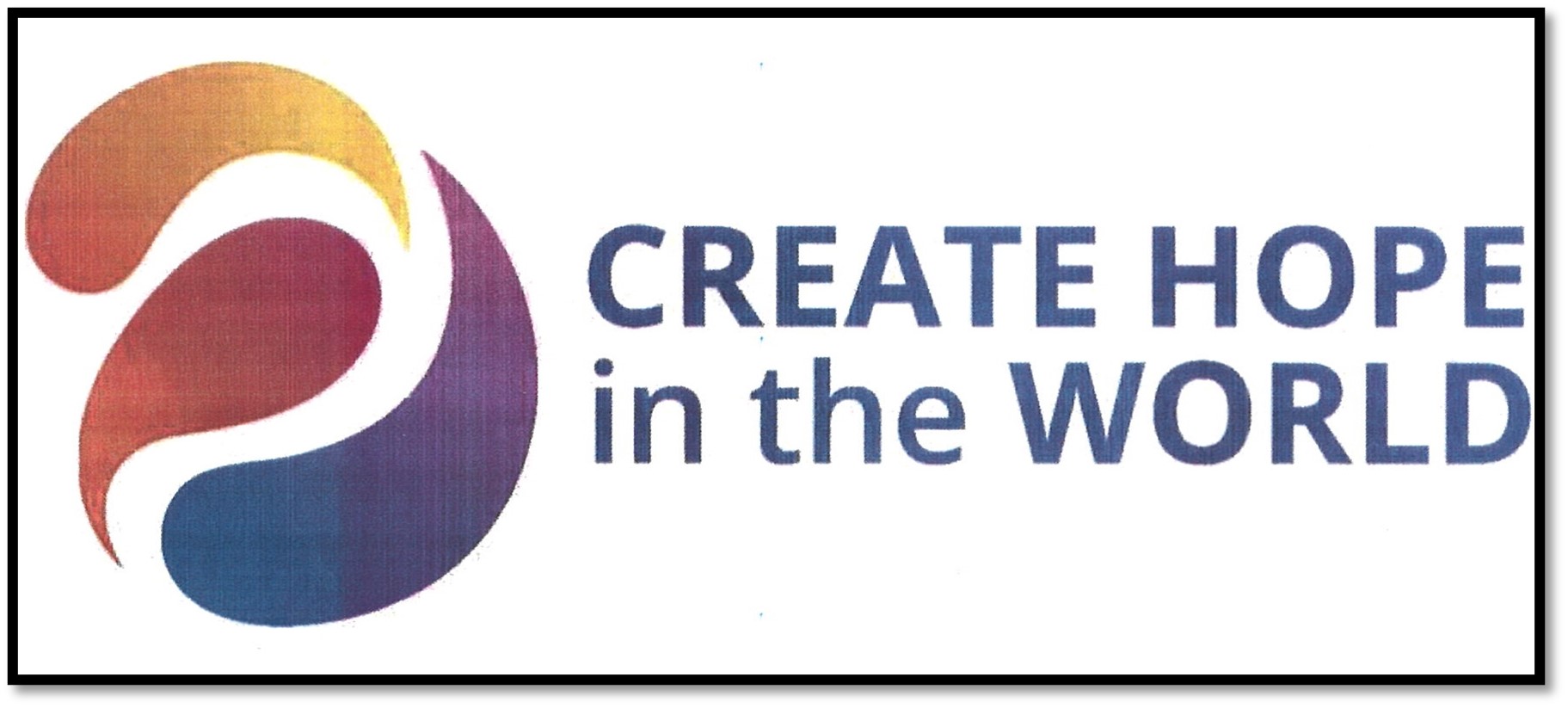Nigeria Polio Free for Year
“Every Rotarian in the world should be proud of this achievement,” says Rotary International President K.R. Ravindran. “We made history. We have set Africa on course for a polio-free future. But we have not yet reached our goal of a polio-free world. Raising funds and awareness and advocating with your government are more crucial than ever.”
Progress in Nigeria has come from many measures, including strong domestic and international financing, the commitment of thousands of health workers, and new strategies that reached children who had not been immunized earlier because of a lack of security in the northern states. “Rotary’s commitment has been the number one reason for the recent success in Nigeria,” says Dr. Tunji Funsho, chair of Rotary’s Nigeria PolioPlus Committee. “We have infected political leaders with this commitment. The government has demonstrated this with political support and financial and human resources. And that went down the line from the federal level, to the state, to the local governments.”
In June, Rotary announced $19 million in grants for continued polio eradication activities in Africa, including almost $10 million for Nigeria. Since 1985, when Rotary launched PolioPlus, the program that supports the organization’s polio eradication efforts, its worldwide monetary contributions to the cause have exceeded $1.4 billion.
Download the website sponsorship guide





